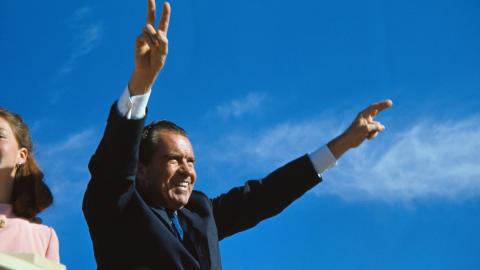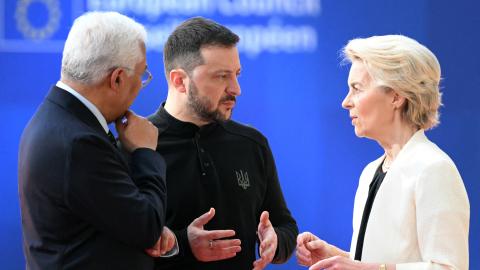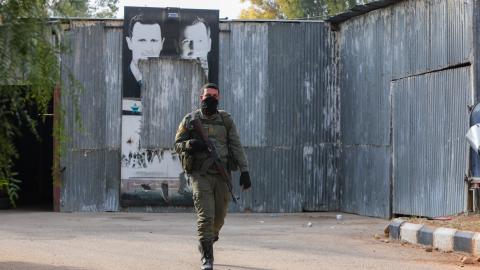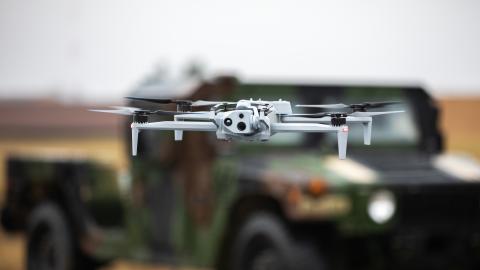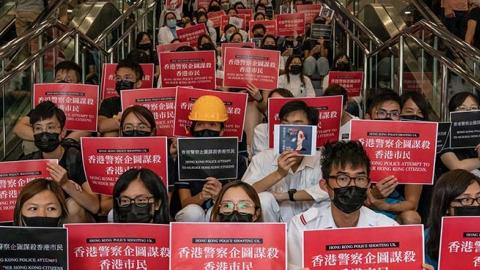Hong Kong has entered its 11th week of demonstrations protesting the erosion of individual freedoms and extension of China's security apparatus. Will protesters succeed in their efforts to "reclaim Hong Kong," or will Beijing and Chief Executive Carrie Lam crackdown on the movement once global attention has shifted? Below, Hudson Institute experts examine what's at stake for Hong Kong, China, and the world.
Hudson experts on the possible consequences if Beijing forcibly intercedes:
Patrick Cronin:
A violent crackdown on Hong Kong protesters would catalyze anti-China sentiment abroad and bolster hardline support for the Chinese Communist Party at home, accelerate ‘mainlandization’ by assimilating Hong Kong into the Greater Bay Area, undermine economic growth, have a chilling effect on relations across the Taiwan strait, and trigger economic sanctions from the United States and others.
John Lee:
This would be disastrous for China’s standing and Hong Kong’s status as a secure global financial centre. A financial catastrophe and exodus precipitated by violence committed by Chinese authorities would be a humiliation for the Party and perhaps even an existential political moment for Xi Jinping.
Rob Spalding:
A crackdown would have severe ramifications for China’s economy. Hong Kong is China’s window the western capital markets. Many of the Chinese stocks are sold through dollar denominated American Depository Receipts issued in Hong Kong. Many congressional members have begun calling into question the continuation of the special relationship in light of China’s failure to adhere to the one country two systems agreement made when Hong Kong reverted to PRC rule.It may be that the protests will slow once the school year starts. Given the enormous damage to China’s economy caused by losing its window to the West, the PRC will try to delay a crackdown as far into the fall as possible. However, they would most likely not want protests going on during their October 1st National Day of the People's Republic of China.
From Hudson expert John Lee's latest article for The Australian, China Squirms in Global Spotlight on Hong Kong
* What’s fueling the protests: Beyond the extradition bill, the demonstrations are about the broken promise of genuine universal suffrage (Beijing maintaining its ability to hand-pick the chief executive and other candidates), police violence, political prisoners and the erosion of freedoms promised by China in its 1984 treaty with the UK and which is enshrined in its Basic Law.
A troubling trend: Since 2007, China’s annual spending on domestic security has tripled to about $300 billion, which is one-fifth more than it spends on the People’s Liberation Army.
* A troubling trend: Since 2007, China’s annual spending on domestic security has tripled to about $300 billion, which is one-fifth more than it spends on the People’s Liberation Army.
* Citizen suppression: In Xinjiang, China’s domestic security spending has increased ten-fold, from $1.15 billion in 2007 to more than $12 billion by the end of last year. Tibet and the Qinghai Province (with its one-quarter Tibetan population) have had similar increases.
* Hong Kong’s future: Hong Kong will likely continue to be only a ritual democracy where people can vote but the leaders must first secure Beijing’s approval. In the best-case scenario, the erosion of freedoms will be be halted temporarily.
* Looking to Taiwan: China has long used Hong Kong as proof it was sincere in offering Taiwan significant autonomy and permission to retain its own armed forces under a special “one country, two systems” deal with Taipei upon unification. Developments in Hong Kong ends any chance Taipei will take Beijing at its word.
Want to learn more? Check out Hudson's work on Hong Kong's pro-democracy protests:
Discussion: Hong Kong's Umbrella Revolution
Then-editorial page writer for The Wall Street Journal Asia David Feith recounts the pro-democracy protests that embroiled Hong Kong five years ago and laid the foundation for today's demonstrations.
Op-Ed: China's Worst Fears: Hong Kong, Taiwan, and Any Other Democracy
Seth Cropsey, director of Hudson's Center for American Seapower, reveals how Hong Kong's distinct tradition of political representation threatens the Chinese Communist Party.
Interview: Patrick Cronin on Hong Kong's economic clout
Hudson's Asia-Pacific Security Chair Patrick Cronin examines Hong Kong as a financial powerhouse and the broader economic risks of a Chinese military response.
